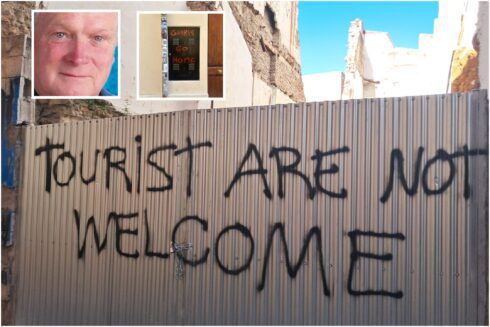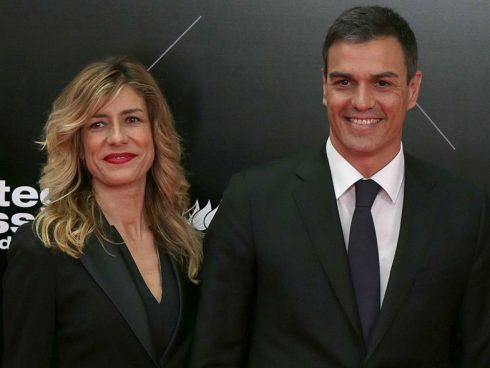INFORMATION released through Spain’s transparency act has revealed that the country has refused almost all applications from refugees rescued by the search and rescue vessel, ‘Aquarius Dignitus’.
Spain’s reputation for being one of the most welcoming in Europe has been put into doubt as the numbers revealed that out of a total of 376 migrants rescued by the vessel in Valencia in 2018, only 62 have been analysed and only four of those have been accepted.
The bulk of the migrants were of Sudanese, Nigerian, Eritrean and Algerian origin that were picked up coming from Libya heading for the Port of Valencia in June 2018.
They were received by a team of translators, police and social workers and given preferential treatment by authorities.
They were given the standard 45-day protection period in which they had
to file applications to remain in the country however after studying the first 62 applications, the Spanish Commission found that almost all did not meet the requirements necessary to class them as refugees.
Spanish regulations mean that refugees need to come from a country that
they are in fear of persecution, violence or political and racial isolation.
The Spanish Commission for Refugee Assistance (CEAR) has condemned the
actions and insists that the applications should be accepted for ‘humanitarian reasons’ but the government remains firm that the requirements are there for a reason and that they acted according to
guidelines by offering a safe harbour and protection.
In an interview by Spanish media, one of the occupants of the vessel, a
Nigerian man explained that as they passed through Libya, “Those people hung me upside down, I wanted my money. You understand? I was electrocuted; I couldn’t walk for months.”










